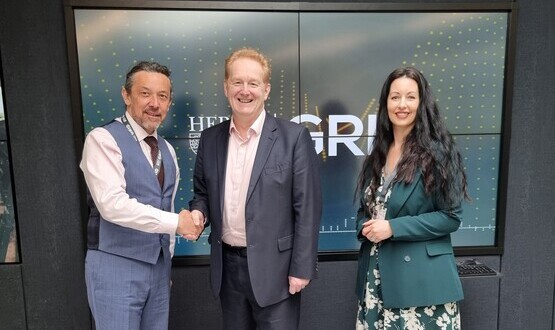Scottish GPs complain about NHS 24
- 18 March 2011

Scottish GPs have criticised the Scottish health helpline NHS 24 for its high onward referral rate.
The Scottish Local Medical Committee’s annual conference heard that NHS 24 refers 80% of its call to other providers, and questioned the value for money provided by the £64m nurse triage service.
The conference also backed doctors who claimed that the “risk averse behaviour” of NHS 24 was creating excessive patient demand in routine services.
Dr Andrew Buist, joint deputy chairman of the Scottish General Practitioners Committee, told EHI Primary Care that the service was costing £36 per patient, yet 60% of calls were being referred to GP out-of-hours services and another 20% to other agencies.
He added: “Health boards running out-of-hours service which have looked at the calls they are sent have said that up to half of them are inappropriate.”
Dr Buist said NHS Scotland planned to address the problem by bringing in quality standards for out-of-hours doctors so that they would be required to feedback information on the appropriateness of NHS 24 requests for home visits within an hour. The standards are due to be piloted from the summer and rolled out across Scotland in 2012.
He told EHI Primary Care “there was not a huge appetite” in Scotland for NHS 24 to be scrapped in the medium term but rather for it to improve the value for money of its service.
The Scottish LMCs’ conference also heard complaints that the change over from the country’s GPASS GP IT system to the two selected replacement systems, EMIS PCS and INPS Vision 3, had created difficulties for some practices.
Dr Alan McDevitt, joint deputy chairman of SGPC, said that some practices had also been reluctant to change from GPASS and would have preferred to stay with their existing system.
He told EHI Primary Care: “Some people have used GPASS for more than 20 years and did not want to move.
"There have been a few glitches in the move, such as unmatched drugs which take time to work through and people have also been anxious about their QoF.”
The conference also heard complaints that some GPs had not received enough funding to cover the cost of the migrations. Even so, Dr McDevitt said that he expected the migration to be complete by Christmas this year, three months ahead of the April deadline for the end of GPASS.
A contract award notice published by the Official Journal of the European Union this week shows that the contracts awarded to EMIS and INPS for the Scottish GP systems are worth £25m per supplier.




